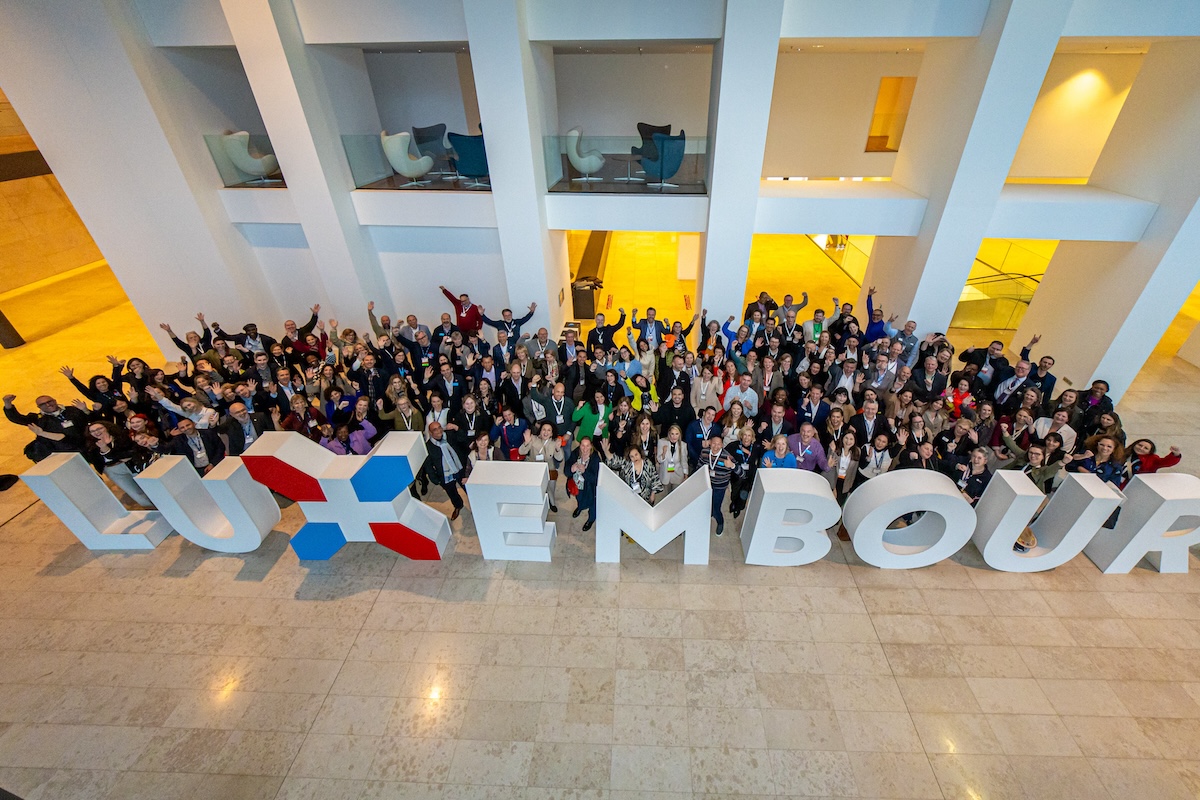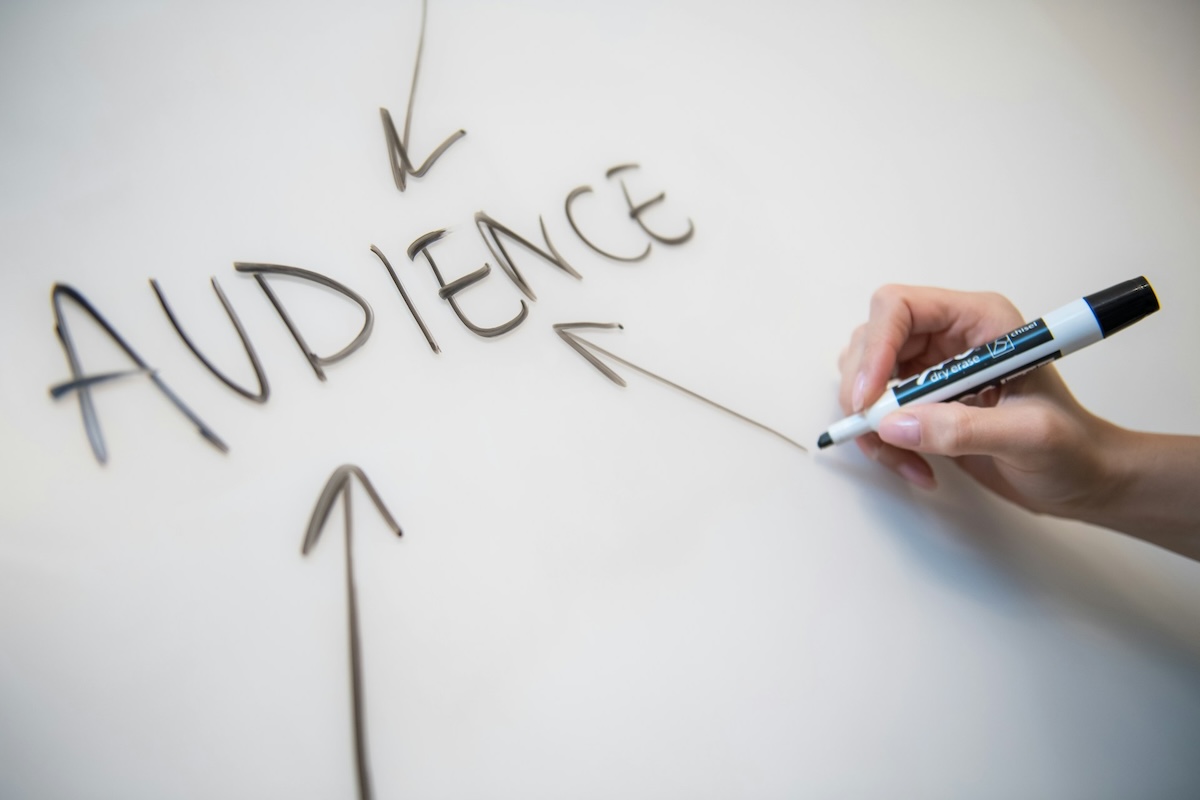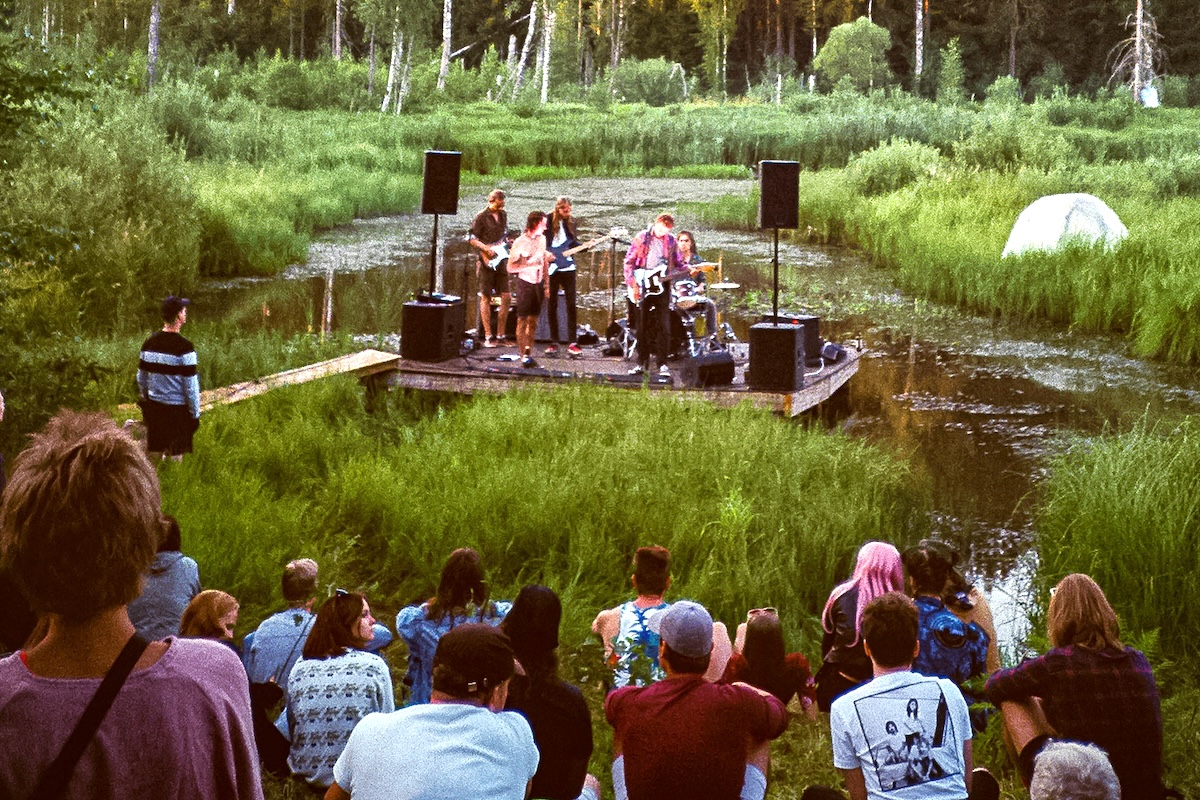Skift Take
Science-backed tools can help planners create successful meetings. Victoria Matey, who specializes in event psychology, offers practical tips and applications that any event planner can use.
“People don’t attend events to network and learn. They attend events to grow, bond, and feel various emotions. Design accordingly,” said Victoria Matey, co-founder of Matey Events, a business events consulting, training, and education company specializing in event psychology.
Matey’s focus is on creating science-based solutions for event challenges. “Understanding the psychology of events results in more effective gatherings,” she said.
The most critical component of any event is people. To create compelling content and gatherings, that must be the focus, she said. What are the group’s touchpoints? What will motivate them? Answers to these questions will help form the event’s objective.
The psychology of an event often gets overlooked as it feels intangible. “It is not as easily quantifiable as the other tools and methods we use in event planning,” she described.
The psychology behind the people-to-people interaction is just the start. Matey applies psychological principles and methods to each step of the event planning process.
For example, cognitive psychology focuses on learning and memory. For events to be truly effective, cognitive psychology must be applied for learning to take place.
How can authentic networking be encouraged? How can people who are introverts feel comfortable? These concerns fall under the realm of social and communication psychology.
Where do emotions come into play? How do they influence the cognitive process? This is part of the framework of neuropsychology. All events have teamwork at their core. Here, organizational psychology comes into play.
Finally, there is personal growth psychology, which the event planner should be aware of in dealing with their mental health.
“None of this is about quick fixes or quick hacks. It’s about understanding the psychological framework — different methods and different models based on science,” said Matey.
When an event planner has science-based methodology in their toolbox, it often results in more effective gatherings.
For more on this topic, be sure to tune in to Skift Meetings Event Design Summit on Wednesday, September 7, 2022 , at 11 am. Matey will be featured in the session, “Changed Behaviors, Unchanged Brain: How Understanding Human Psychology Can Help Us Move Forward.”
To register, click here.





